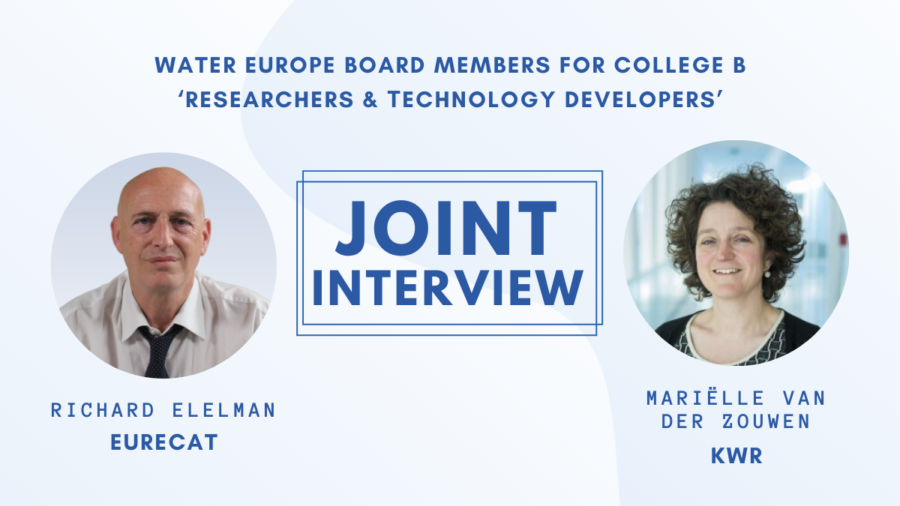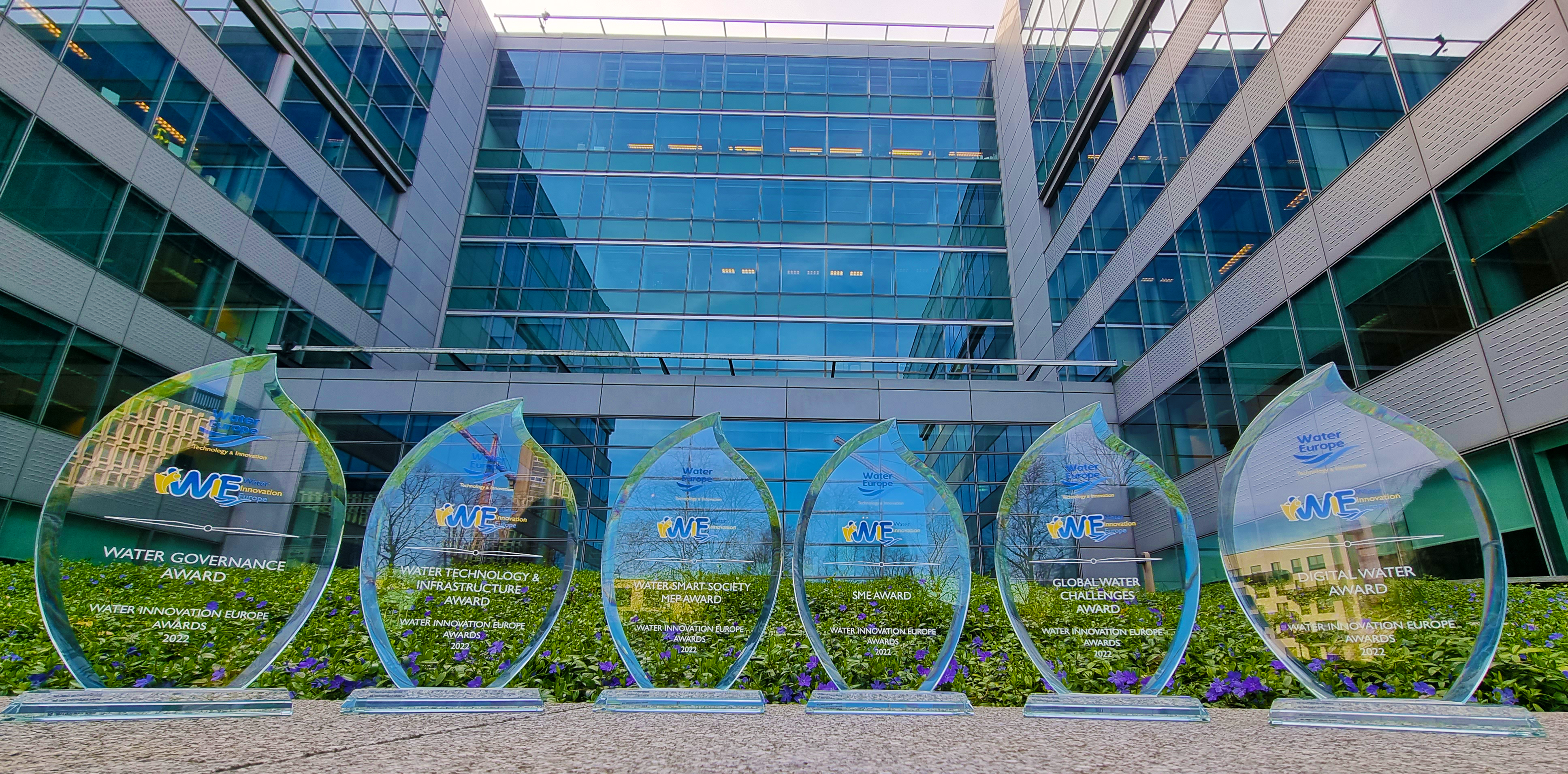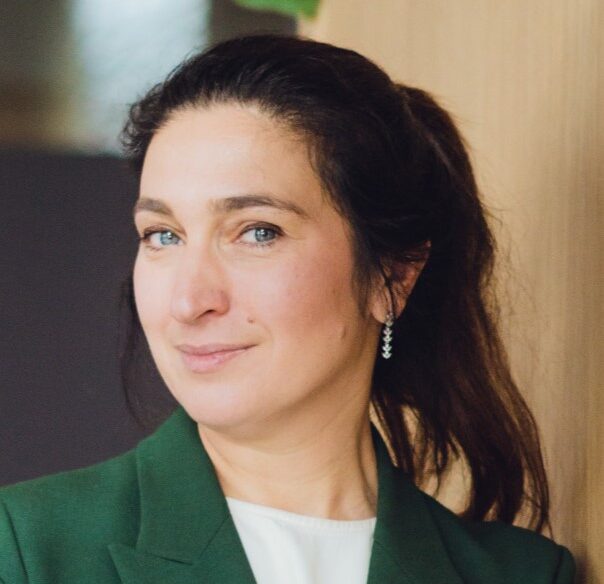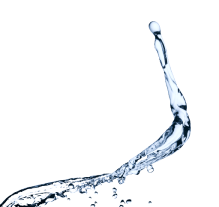As a board member of Water Europe members’ college B ‘Researchers & Τechnology Developers’, what drives you personally to have this role at Water Europe? What do you want to achieve?
Mariëlle: What personally drives me to have this role at Water Europe is that I really believe in the good of people, in the strength of collaboration across disciplinary, sector and organisational boundaries and the strength of interfaces that are created across those boundaries. I do see Water Europe as such an interface. Another personal drive for me is that I feel strongly committed to show that it is possible to grow towards a more sustainable, water-smart if you wish, society. We have many science-based solutions and technologies available. That is hopeful. But at the end of the day, these have to be implemented and taken up in real life. It is also a behavioural, governance and management issue and a matter of courage. We need to raise awareness for all that and to show what can be done and Water Europe is contributing to that. For example, think about the Water-oriented Living Labs showcasing systematic innovations that are needed to achieve a Water-Smart Society and economy.
Richard: My case is very similar, as well. Once I started actively my involvement in politics, I became fascinated by the subject of environmental politics. I work with all the environmental factors: climate change, transport, energy but water is the most important aspect for me. Water is the most basic necessity we have on this planet and in many ways the least respected and the least publicly debated. What I have enjoyed most of being part of Water Europe is that WE has managed to become an organisation that encompasses all the actors of what we call in politics the ‘Quadruple Helix’ the private, public, research sector, citizens and culturally oriented groups and has created a united front which is absolutely essential in water.
Representing college B, which ones do you consider the key challenges and the most burning needs of your college and how do you contribute to addressing these in the context of Water Europe?
Richard: When you are a board member representing a specific college, you have three duties. You have to represent the membership itself, the worries, and the preoccupations that this college will have. You have an obligation to serve Water Europe as a whole and therefore, work towards breaking down any possible silos that may potentially exist. When it comes to college B, now, we have an obligation to encourage research institutions to learn to communicate very clearly, coherently, and regularly with the other societal actors. We need to make sure that the research community also becomes a socio-political stakeholder in the general issue of water and the environmental problems we face.
Mariëlle: Researchers themselves need to ask how they can contribute to delivering this knowledge to society at large and here is where communication comes into play. I think there is still way to go there. In my years at university I often started the policy and governance courses with the statement that ‘a good scientist is also a politician’ to have a debate on the societal responsibility of the research community. And here is where science communication comes into play. Scientists engaging with society, NGOs and politics is really part of our society’s need. Beyond this, now, to move towards a more sustainable society, a long-term perspective is extremely essential. We do know that researchers have longer time horizons if you compare it to managers, politicians and operational workers, so I do see a great role for scientists to play when it comes to co-creating a water-smart future. Members in college B have a bit of an advantage because of this. The long-term orientation is in our genes.
Speaking about challenges, another one in college B would be to increase the number of interdisciplinary collaborations among our members. The Vision Leadership Teams (VLTs) within WE, have more of an interdisciplinary nature and involvement and engagement from college B members is growing. If we are serious about embracing uncertainty and complexity, we should further develop this interdisciplinary collaboration.
Richard: Indeed, the Vision Leadership Teams (VLTs) are very important to move forward. That is the key to really solidify and establish the interdisciplinary approach that we describe within WE and then as a result to be able to disseminate that work beyond WE.
Mariëlle: Another important point to note of a more operational nature is how we relate and connect with the individual college B members. We have thought and talked about it with other members for a while and Richard and I have decided to organise a digital get together with our college members in order to be well prepared for the Water Europe Digital Innovation week (22-26 June 2020) and the annual General Assembly. We really look forward to that and will continue to do this a couple of times a year to really have time to have a meaningful exchange. And we will keep trying to find new ways of engagement within the college.
Looking at the current water policy developments, which one(s) you consider from your point of view that will have an impact on college B members?
Richard: Everything. What I often have to explain to scientists and politicians is that whatever policy is decided will always affect the research community, as well. Policy decisions are about the priorities set and about which part of the economic cake is dedicated to which social aspects. From the Green deal to specific elements of the revision of the WFD, all of these have an effect on the research community, and it needs to be a two-way process. We need to encourage research entering into dialogue with politicians.
Mariëlle: Indeed. Besides, I am a very strong supporter of the ‘power of example’. All of the members of college B have their regional networks in which we do have a lot of showcases that actually prove to work on the ground. And also when these don’t work, we can learn from these experiences. My message is to bring these regional learning alliances or regional living labs forward. H2020 or Horizon Europe projects are and will be very good examples in which the majority of WE members and certainly many college B members are involved.
Based on our vision, Water Europe aims to build a Water Smart Society. From your point of view, which are the obstacles we need to overcome and which actions shall we put forward to make this happen?
Richard: The principal mission of Water Europe at the moment must be to establish water in the psyche of society as a whole, as the most important, most essential resource we have on this planet. Without water, there is no life. It must support any measures that ensure access of water to everybody not only in Europe but beyond. Increasingly, Europe, as a whole, must assume a leading role in that discussion and Water Europe, as a result, must, as well. I believe that Water Europe within its capacity has developed a very strong profile, a very firm and very clear vision of how the water sector itself should move forward but also how society should regard water. We are one of the principal platforms within the European Union to represent the interests of water and if we are representing the interests of water, we are representing the interests of society as a whole.
Mariëlle: Water is not always so visible as one coherent sector or policy field with a dedicated integrated approach. For the field of energy, for example, there is quite a huge budget and almost abundancy of policy plans on the energy transition. It makes me wonder why we don’t talk about a water transition, which is a much more fundamental one. This point was quite recently brought forward e.g. in the Netherlands by many water authorities and water supply utilities. And a water transition cannot solely be about water. It needs to be a water energy food nexus kind of movement, which human and environmental health as an underlying basic need. Just like Water Europe is advocating.
Richard: Water Europe has established the importance of water within the WEFE Nexus, but this needs to be also understood beyond the research centres. The COVID19 crisis has also illustrated that all the elements of the WEFE nexus are absolutely essential to our health. As a result of COVID19, water is being recognised. We have seen that the water sector is looking at specific challenges and providing solutions to a much broader problem. The role of water as a science diplomacy element is becoming increasingly more important. Water is potentially going to be the principal cause of armed conflict in the 21st century. So, instead of waiting for that to happen, there is a movement towards water diplomacy on a global scale and I believe our researchers and all the elements of Water Europe have an incredibly important role to play in that.
Mariëlle: Yes, water diplomacy is really a key issue here which could prevent conflict escalation. Water conflicts are not for far away regions only. Also, in Europe, where we need to deal with climate change, drought, access to water and all that, potential water conflicts are present and part of daily life. That is why I am so happy that WE now has further developed its Advocacy Programme and recently established a Policy Advisory Committee. College B evidence and experiences could be an important basis underpinning the work of the committee.
